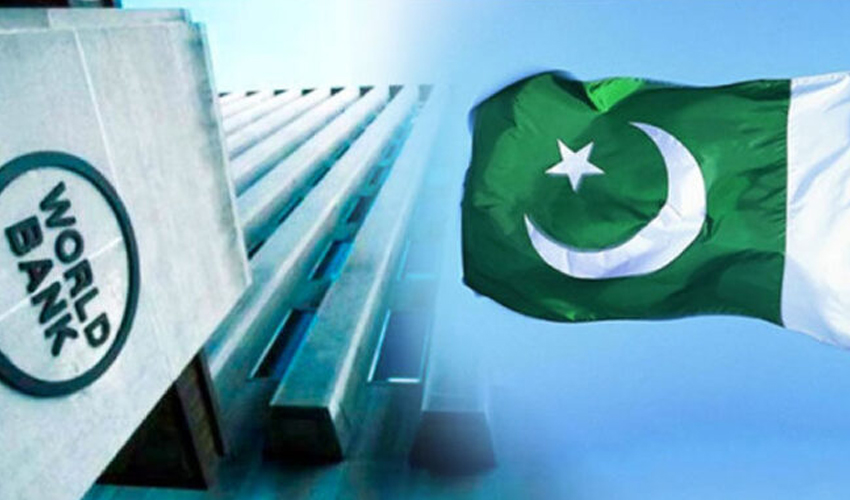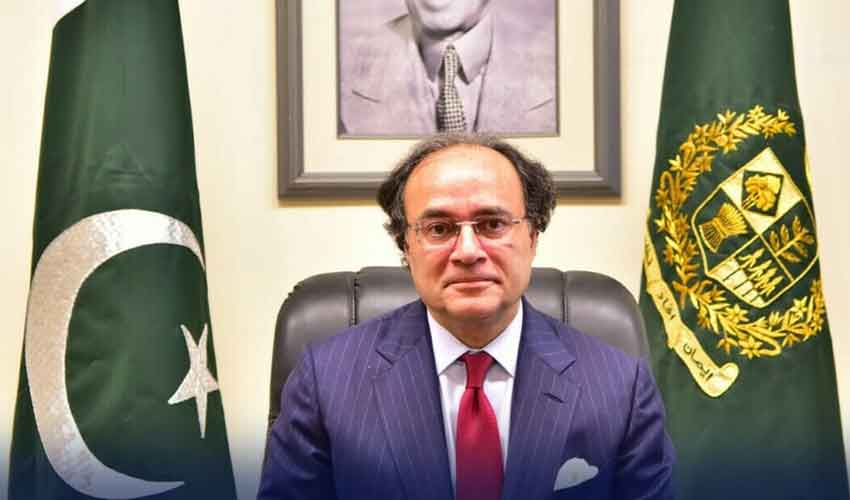World Bank Vice President Martin Reiser on Tuesday emphasized the need for Pakistan to address critical economic challenges and implement reforms for sustainable growth.
The World Bank’s report conducted an in-depth analysis of Pakistan's economy, highlighting key issues such as a fiscal deficit, rising debt, and inadequate investment in crucial sectors like child stunting, environmental protection, and human resources.
Vice President Reiser stressed the importance of assuring citizens that tax revenues would be utilized for their welfare. According to the World Bank's findings, there is potential for a nine percent increase in tax-to-GDP in Pakistan, with the ability to raise tax revenue from Rs 9415 billion to Rs 1800 billion.
The report underlined the urgency of economic reforms, presenting a significant challenge for the government post-elections. As Pakistan approaches federal and provincial elections, the country stands at a crucial juncture where decisions made could shape its future trajectory.
Several economic indicators, such as a fiscal deficit reaching a 22-year high of 7.9 percent and a record-high debt of 78 percent, were cited as areas needing attention. The power sector's credit issues and the insufficient tax revenue from the agricultural sector, which contributes 23% to the GDP, were also identified.
Furthermore, the report shed light on the educational challenges, with over 40 percent of children under the age of five suffering from stunting and more than 20 million children out of school. The public sector was described as ineffective, with policy decisions often influenced by personal interests.
Regarding the establishment of the Special Economic Zone (SEZ) SIFC (Special Economic Zone for Foreign Companies), Vice President Reiser expressed no objection, stating that the privatization of select government institutions alone would not suffice. Success in attracting long-term foreign investment through SIFC was deemed crucial, with the World Bank noting Pakistan's potential for 7 to 8 percent annual economic growth.
As Pakistan stands on the brink of crucial decisions, the World Bank's insights underscore the need for comprehensive reforms to address economic challenges and leverage opportunities for sustainable growth. The coming months, especially post-elections, will be pivotal in determining the country's path forward.


























